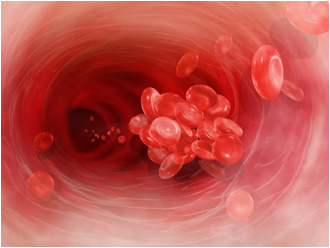Haemophilia
What is haemophilia?

Haemophilia is a condition that stops a person's blood clotting normally.
Haemophilia is usually inherited and passed on to a child by one or both parents. More boys than girls are affected.
A person with haemophilia has a lower amount of clotting factors in the blood. These clotting factors work with platelets to cause the blood to become sticky and stop a cut or wound from bleeding.
The main types of haemophilia are haemophilia A and B. The symptoms are the same, but the clotting factors affected are different and need to be treated differently.
Acquired haemophilia is a rare form of the condition that develops when the body's immune system wrongly attacks the clotting factors.
Left untreated, haemophilia can be life threatening after trauma or injury. In girls and women, it may
cause heavy periods.
Genetically engineered clotting factor medication may be recommended to help treat the condition.
 Severity of haemophilia Severity of haemophilia
The severity of a person's haemophilia is classed according to levels of clotting factors in their blood:
• Mild haemophilia: 5% to 50% of the normal amount of factor
• Moderate haemophilia: 1% to 5% of the normal amount of factor
• Severe haemophilia: Less than 1% of the normal amount of factor.
Recognising Haemophilia
If there is no family history of haemophilia, an infant would not be routinely tested for the condition. However, if there is a family history of Haemophilia, specific tests can be done from an umbilical cord blood sample to see if a newborn infant has Haemophilia. In fact, if the family desires, such testing can be done before a child is born.
For moderate or severe haemophilia,doctors and caregivers usually don't see any signs of the condition at birth or even for some time afterwards.
For mild Haemophilia, you may not have any noticeable symptoms until you undergo a dental procedure, which may cause you to bleed heavily, or you may not have any unusual bleeding unless you are injured in an accident or have surgery. |